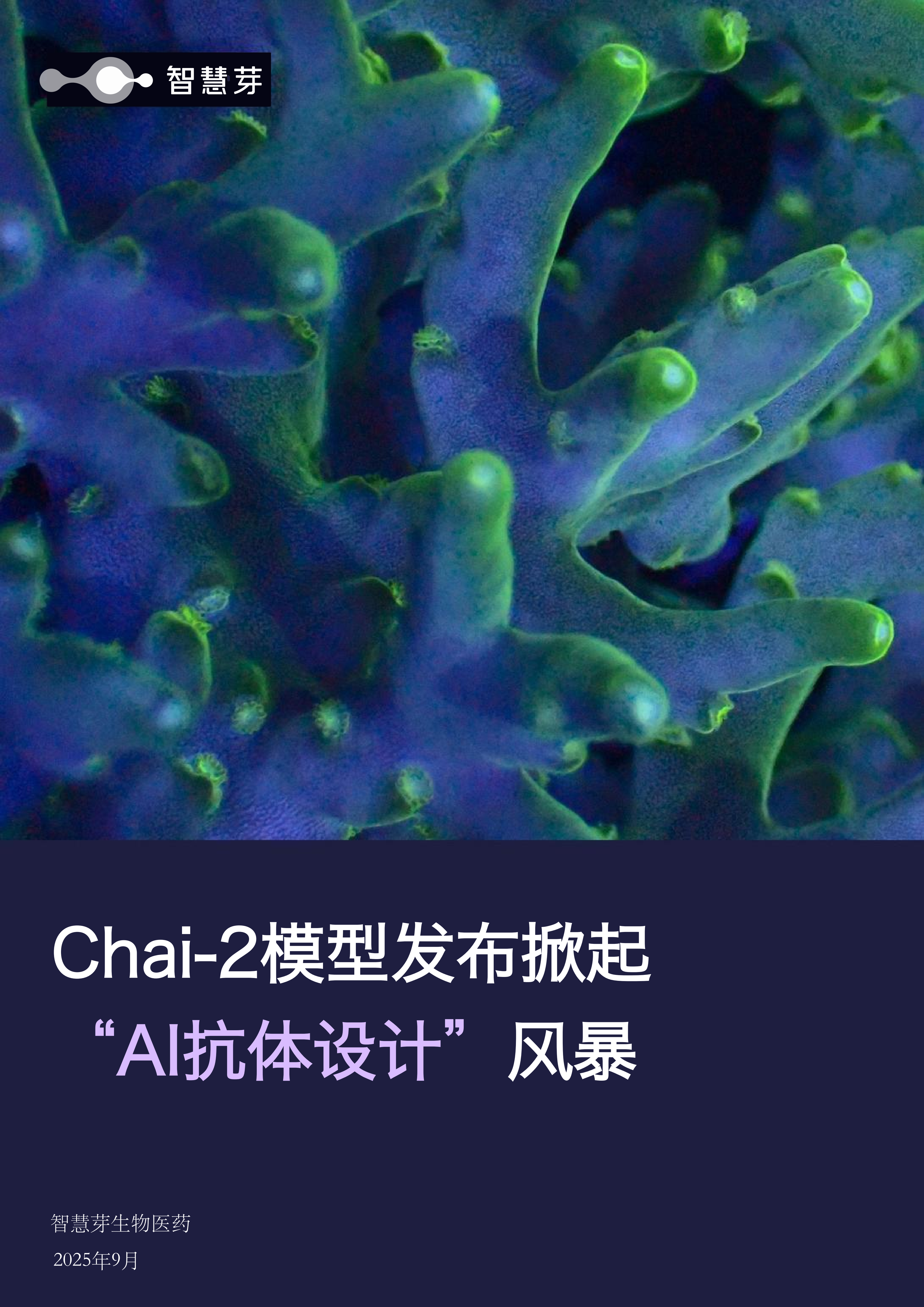预约演示
Gilead Sciences Signs Yet Another R&D Alliance for Multi-Target Cancer Therapies
引进/卖出免疫疗法抗体药物偶联物
Bispecific antibody drugs have shown that binding to two targets simultaneously can be a powerful and effective way to treat cancer. Binding to three targets could be even better, and Gilead Sciences is turning to biotech company Merus to find out.
Under the collaboration agreement announced Wednesday, Gilead is paying Merus $56 million up front and making a $25 million equity investment in the biotech.
Netherlands-based Merus focuses on developing antibody therapies that bind to two or three targets at the same time. This capability could block multiple receptors that drive tumor growth and survival. It could also coax a patient’s immune cells to kill tumors. So far, the Merus technology has produced seven programs—all of them bispecific antibodies.
Merus’s lead program, petosemtamab, is designed to target the cancer proteins EGFR and LGR5. This drug candidate is currently in a Phase 1/2 clinical trial evaluating it as a second-line treatment for head and neck squamous cell carcinoma; a separate Phase 1/2 study is testing it as a first-line therapy in this cancer as part of a treatment combination with Merck immunotherapy Keytruda.
The targets of the Gilead alliance were not disclosed. The collaboration covers two trispecific antibody programs. Merus will lead early-stage research for both. If Gilead exercises its right to license these programs, it will take on responsibility for their R&D as well as commercialization, if they receive regulatory approval. Flavius Martin, executive vice president of research at Gilead, said in a prepared statement that multi-specific antibodies offer the potential to drive robust anti-tumor immune responses with better efficacy and safety.
Option and milestone payments under the Gilead deal could bring Merus up to $1.5 billion. Merus would also receive royalties from sales of approved products. Merus has the option to pursue a third program. If it does, the biotech also has the option to share equally in the profits and losses of this potential therapy in lieu of future milestone and royalty payments.
In a note sent to investors, William Blair analyst Matt Phipps wrote that the Gilead deal expands Merus’s ongoing collaborations with large biopharma companies (Eli Lily and Incyte are among its other partners) while also strengthening the biotech’s balance sheet. The partnered programs are all bispecific antibodies. Phipps notes that the Gilead deal is the first Merus alliance focused on trispecific antibodies.
It’s not the first time Gilead has partnered on multi-specific antibody therapies. Last summer, Gilead committed $66 million to begin a partnership with Tentarix Biotherapeutics, developer of drugs that bind to multiple targets simultaneously. The startup said this multi-target capability improves imbues an antibody therapy with multiple functions as well as greater selectivity. The targets of this alliance were not disclosed.
更多内容,请访问原始网站
文中所述内容并不反映新药情报库及其所属公司任何意见及观点,如有版权侵扰或错误之处,请及时联系我们,我们会在24小时内配合处理。
Eureka LS:
全新生物医药AI Agent 覆盖科研全链路,让突破性发现快人一步
立即开始免费试用!
智慧芽新药情报库是智慧芽专为生命科学人士构建的基于AI的创新药情报平台,助您全方位提升您的研发与决策效率。
立即开始数据试用!
智慧芽新药库数据也通过智慧芽数据服务平台,以API或者数据包形式对外开放,助您更加充分利用智慧芽新药情报信息。





